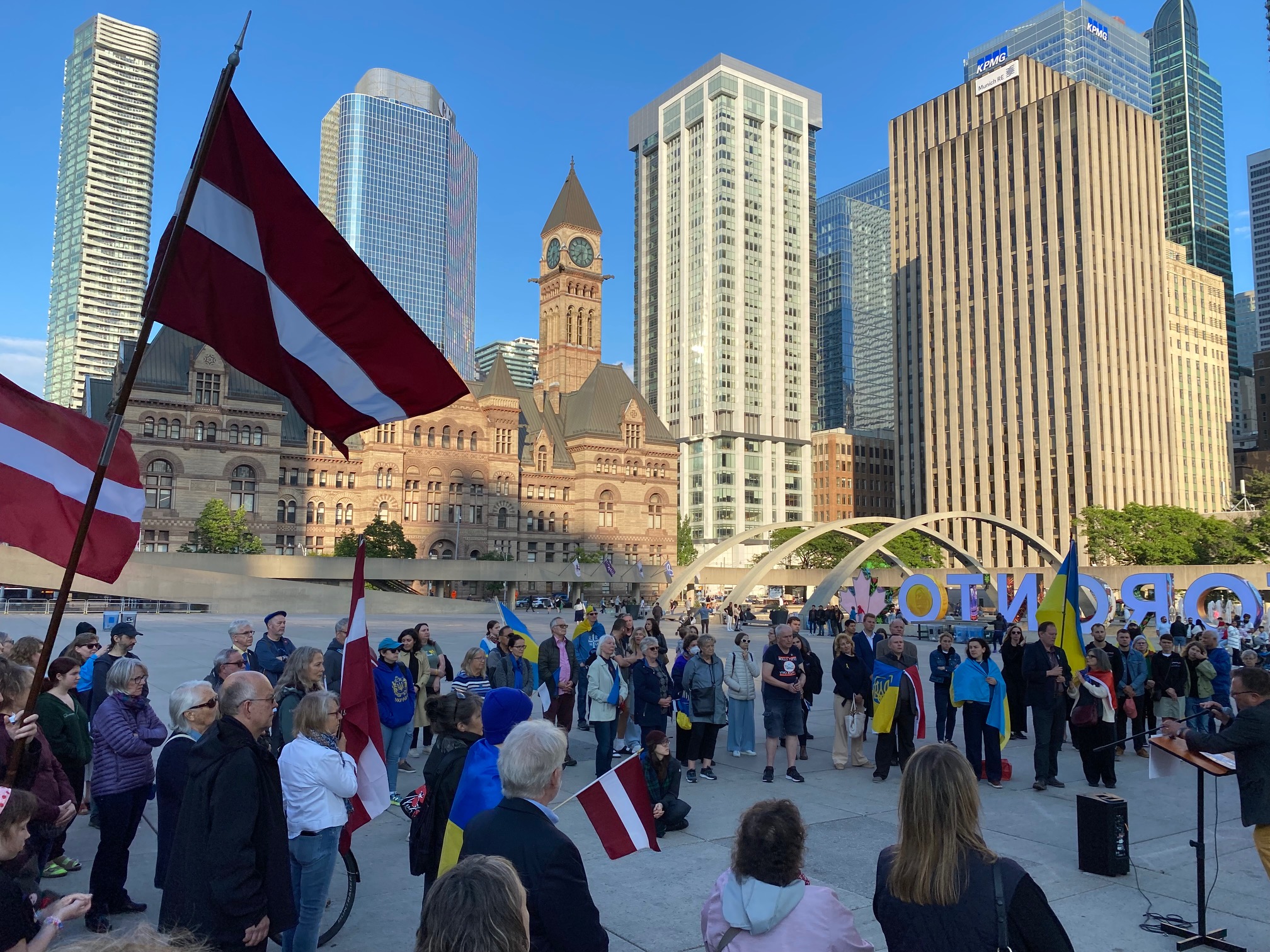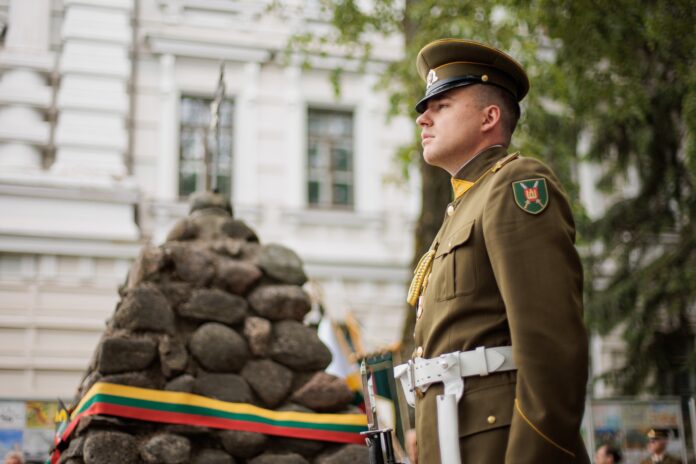
On this day, Lithuanians, Latvians and Estonians remember the victims of Soviet deportations that took place in the Baltic countries June 14-16, 1941. Commemorative events are planned in the Lithuanian parliament and other venues across the country, at the European Parliament in Strasbourg, and in Lithuanian communities throughout the world. On June 14, 1941, the Soviet Union launched mass deportations of the Baltic population to Siberia. Over the following 11 years, the Soviet authorities deported more than 130,000 people from Lithuania and imprisoned around 150,000.
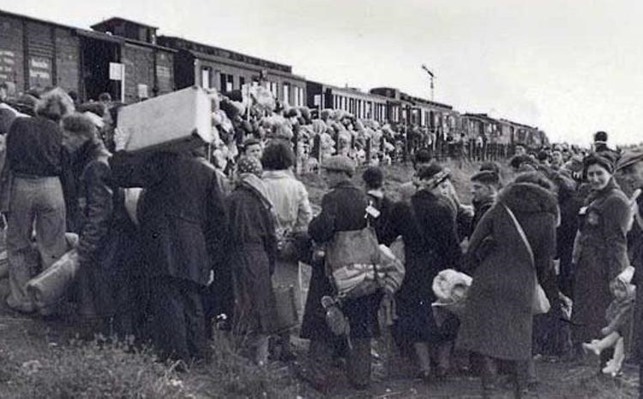 Parliament Speaker Viktorija Čmilytė-Nielsen, the representative of the International European Platform for Memory and Conscience, historian Monika Rogers, daughter of Stanislovas Vitkus, a participant in the Lithuanian Freedom Fighters’ Movement, and the granddaughter of Alfredas Dauginis, a soldier of the Lithuanian Freedom Army, and Social Security Minister Monika Navickė were among the speakers of the event at the Lithuanian parliament, Seimas.
Parliament Speaker Viktorija Čmilytė-Nielsen, the representative of the International European Platform for Memory and Conscience, historian Monika Rogers, daughter of Stanislovas Vitkus, a participant in the Lithuanian Freedom Fighters’ Movement, and the granddaughter of Alfredas Dauginis, a soldier of the Lithuanian Freedom Army, and Social Security Minister Monika Navickė were among the speakers of the event at the Lithuanian parliament, Seimas.
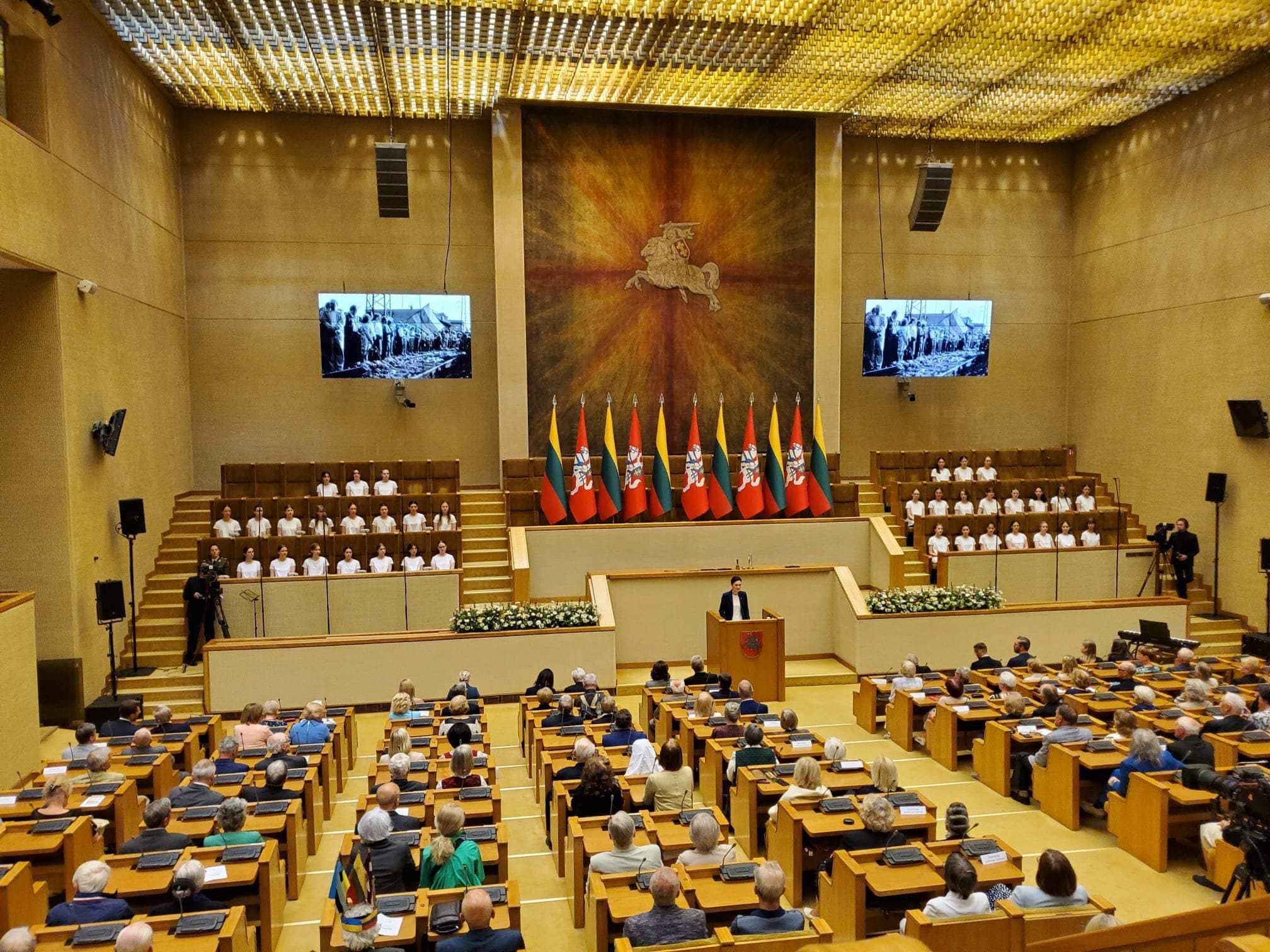 The commemoration featured a filmed speech by political prisoner and exile Ona Butrimaitė-Laurinienė, performances by the Liepaitės Choir and young singers from the Zarasai Ąžuolo Gymnasium, and readings of exiles’ letters.
The commemoration featured a filmed speech by political prisoner and exile Ona Butrimaitė-Laurinienė, performances by the Liepaitės Choir and young singers from the Zarasai Ąžuolo Gymnasium, and readings of exiles’ letters.
One minute before noon, a general minute of silence was held as a civic action in memory of the victims of the Soviet occupation and deportations. At noon, the national flag was raised at Independence Square in a solemn ceremony.
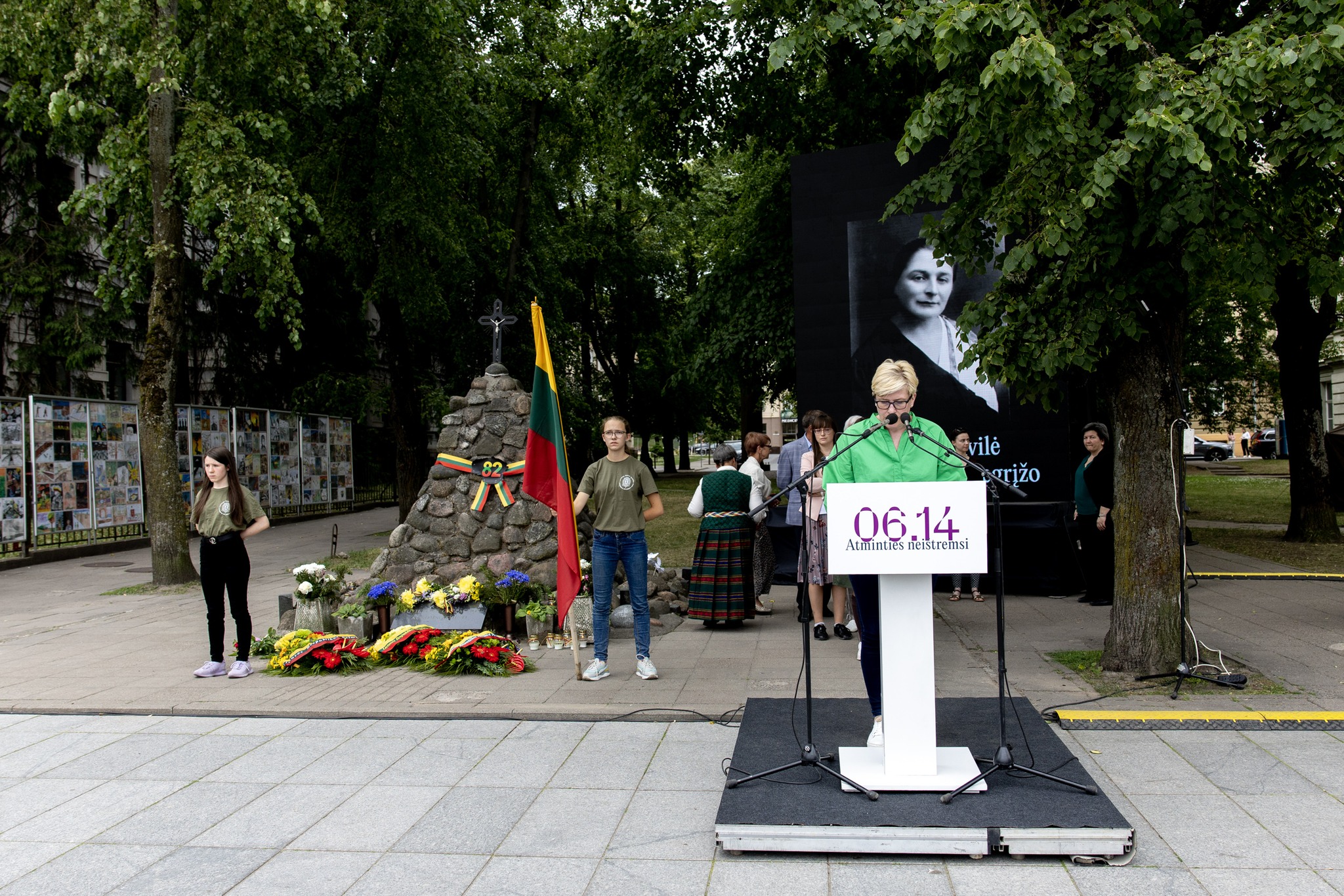
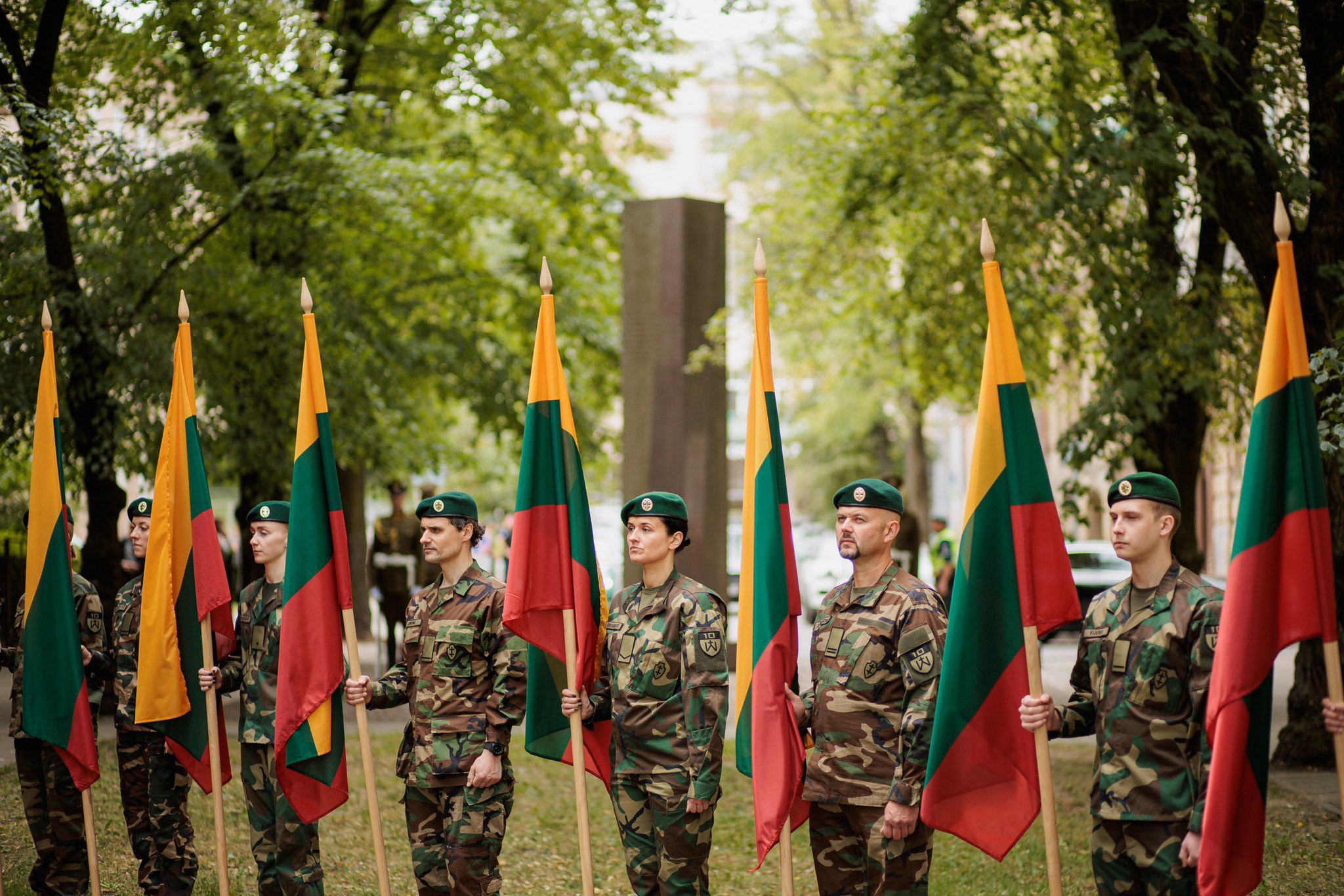
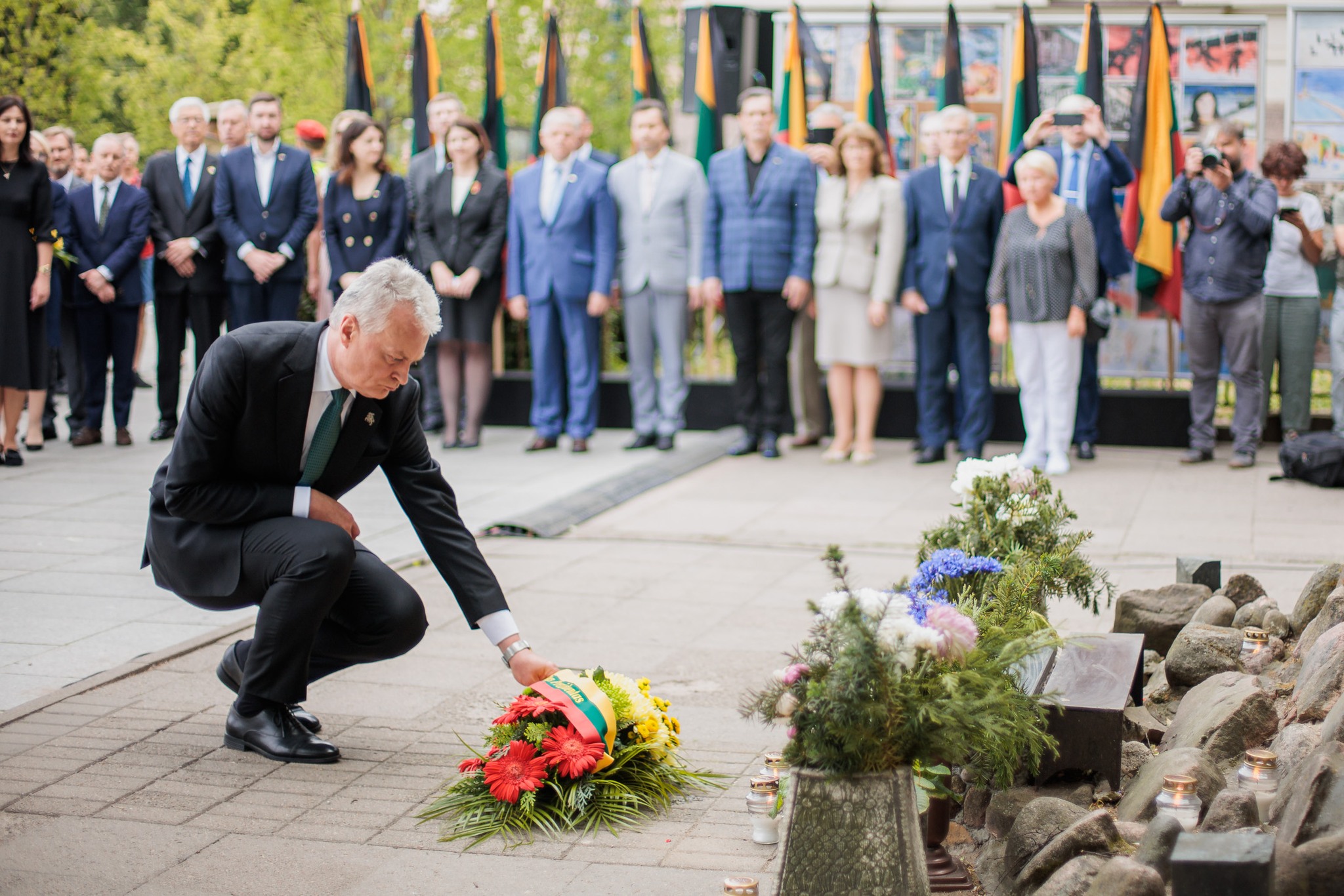 In the afternoon, a ceremony to honour the victims of Soviet repressions took place at the monument to political prisoners and exiles in Vilnius’ Aukų Street, as well as the commemoration “Atminties Neištremsi” (Memory will not be Exiled), near the Museum of the Occupations and Freedom Fights in Vilnius. In the evening, Mass was celebrated at Vilnius Cathedral. The calendar of events also included exhibitions at the President’s Palace, themed Scars of Memory and Identity.
In the afternoon, a ceremony to honour the victims of Soviet repressions took place at the monument to political prisoners and exiles in Vilnius’ Aukų Street, as well as the commemoration “Atminties Neištremsi” (Memory will not be Exiled), near the Museum of the Occupations and Freedom Fights in Vilnius. In the evening, Mass was celebrated at Vilnius Cathedral. The calendar of events also included exhibitions at the President’s Palace, themed Scars of Memory and Identity.
At the European Parliament the mass deportations from Central and Eastern Europe were commemorated with a reading of the names of the victims of Soviet repressions from Lithuania, Latvia, Estonia, Poland, Ukraine and Moldova.
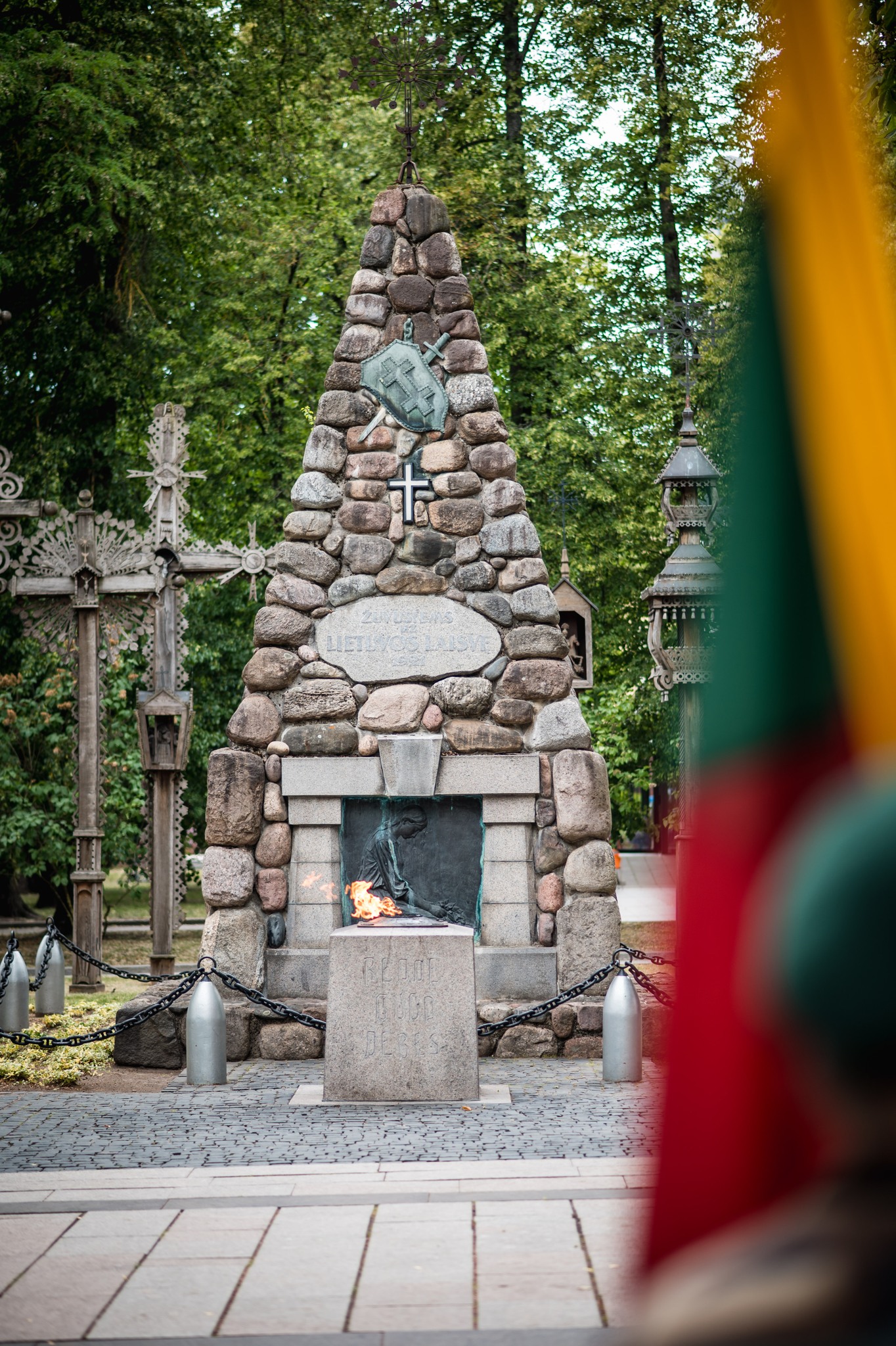 Historical remembrances also took place across Lithuania. In Šiauliai, in the square in front of Šiauliai Town Hall, the event began with a minute of silence, followed by the reading of the names of all the people who were exiled. The town also paid tribute to the exiles at the railway station. In Kaunas, the commemoration began with the laying of flowers at the monument to the Mother of the Fighters for Lithuanian Freedom in Ramybės Park and at the Kaunas railway station. The victims were remembered at the Tomb of the Unknown Soldier and the Freedom Monument in the garden of the Vytautas Magnus War Museum. Victims of the war in Ukraine were also honoured. At noon, the names of exiles and political prisoners were read out in the garden of the Vytautas Magnus War Museum, by the Eternal Flame, and in the evening, a concert of carillon bells was held in the vicinity of Vienybės Square.
Historical remembrances also took place across Lithuania. In Šiauliai, in the square in front of Šiauliai Town Hall, the event began with a minute of silence, followed by the reading of the names of all the people who were exiled. The town also paid tribute to the exiles at the railway station. In Kaunas, the commemoration began with the laying of flowers at the monument to the Mother of the Fighters for Lithuanian Freedom in Ramybės Park and at the Kaunas railway station. The victims were remembered at the Tomb of the Unknown Soldier and the Freedom Monument in the garden of the Vytautas Magnus War Museum. Victims of the war in Ukraine were also honoured. At noon, the names of exiles and political prisoners were read out in the garden of the Vytautas Magnus War Museum, by the Eternal Flame, and in the evening, a concert of carillon bells was held in the vicinity of Vienybės Square.
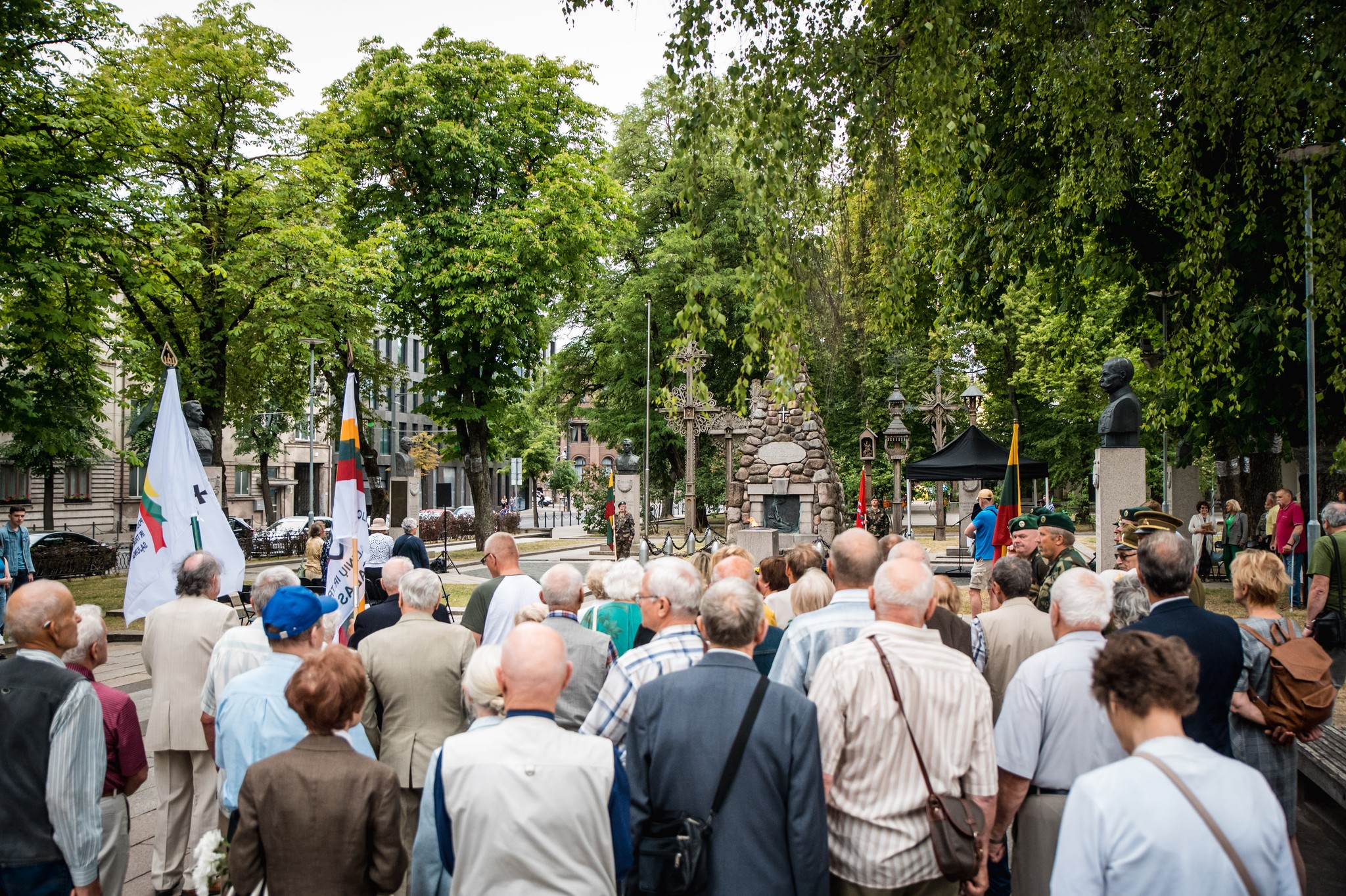 In Klaipėda, just before noon, a reading of the names of exiles and political prisoners took place at the Arka monument. At noon, the Museum of the History of Lithuania Minor organized a free one-hour excursion around the city, visiting sites related to the history of exile and resistance.
In Klaipėda, just before noon, a reading of the names of exiles and political prisoners took place at the Arka monument. At noon, the Museum of the History of Lithuania Minor organized a free one-hour excursion around the city, visiting sites related to the history of exile and resistance.
In the afternoon, a commemoration took place in the Square of the Exiles, with a concert by the Lithuanian Armed Forces Naval Brass Band and the Atminties Gaida choir of former political prisoners and exiles of Klaipėda.
 In Canada, the Lithuanian Embassy organized an event on June 11 via Zoom for children of Lithuanian descent aged 7 and older. With poems, songs and illustrated slides, the children were introduced to the history of the deportations and Lithuanians in exile, and encouraged to make drawings about what they learned.
In Canada, the Lithuanian Embassy organized an event on June 11 via Zoom for children of Lithuanian descent aged 7 and older. With poems, songs and illustrated slides, the children were introduced to the history of the deportations and Lithuanians in exile, and encouraged to make drawings about what they learned.
A Deportation Commemoration was held at Toronto City Hall on the evening of June 14.
